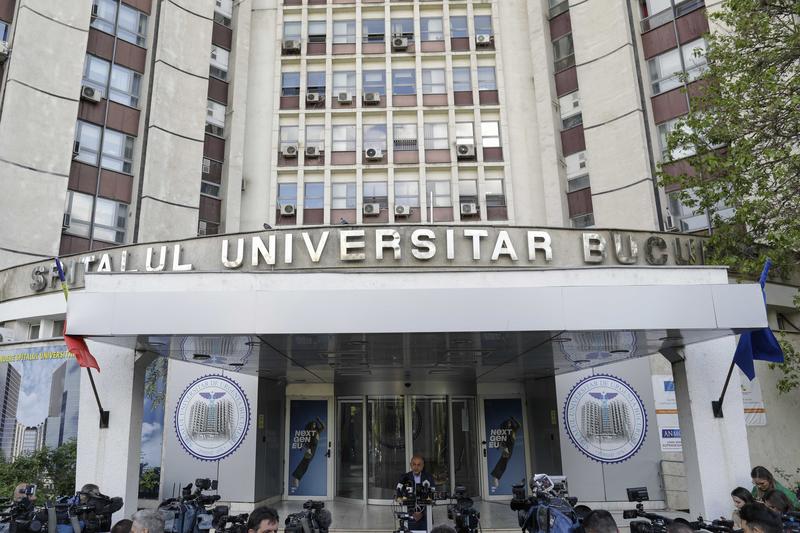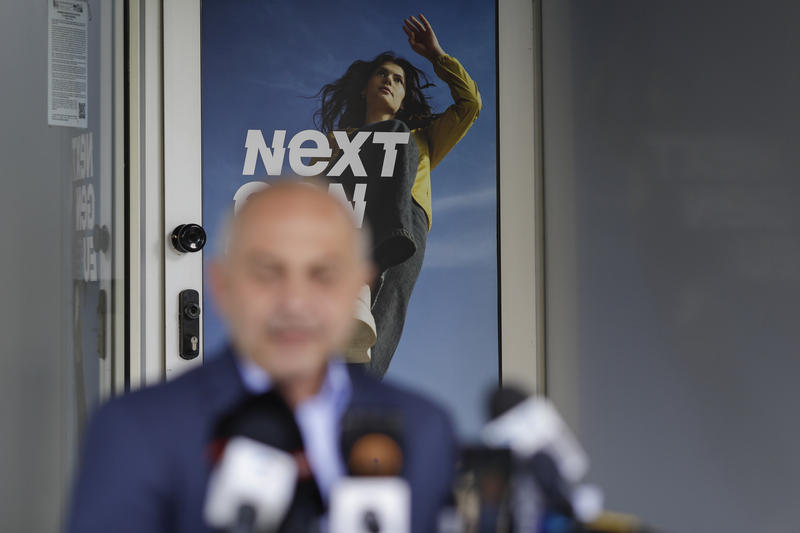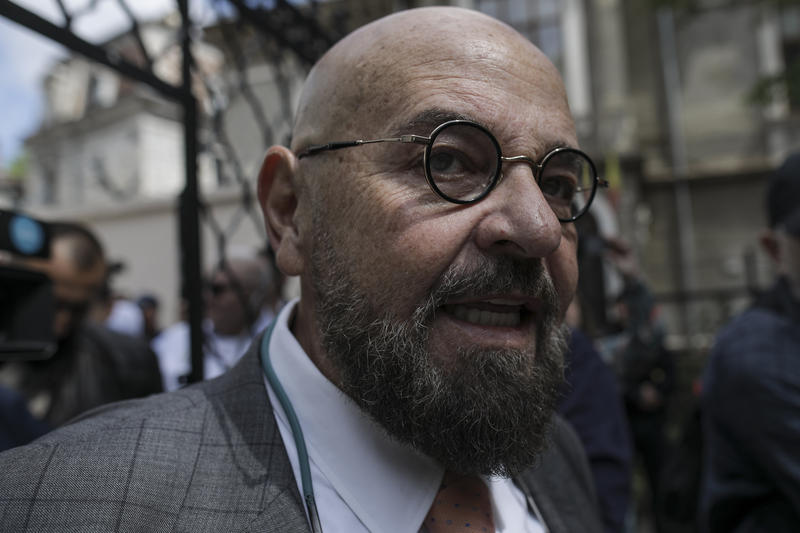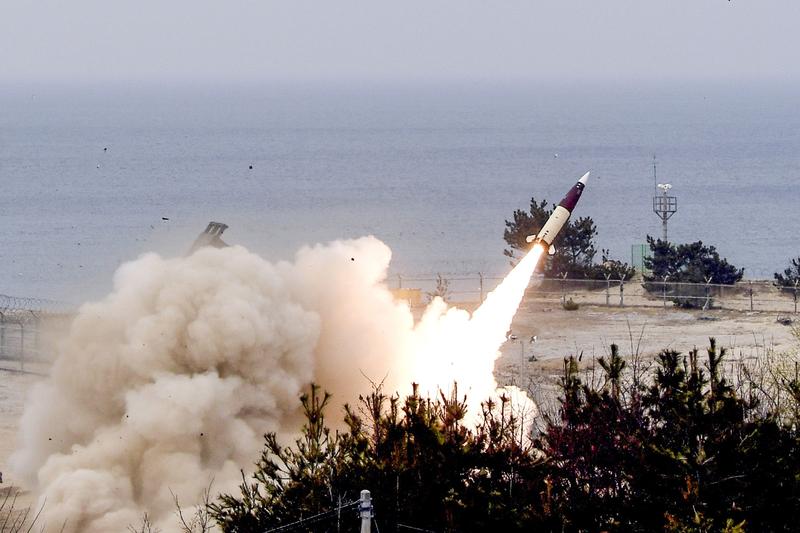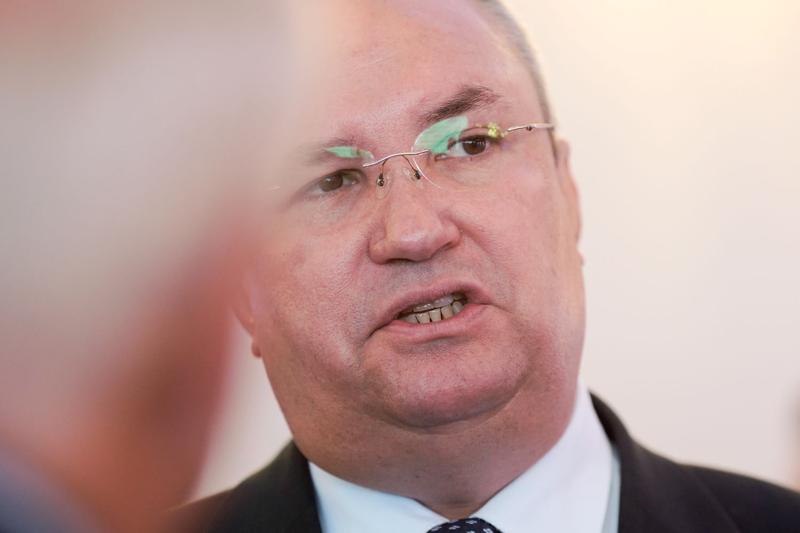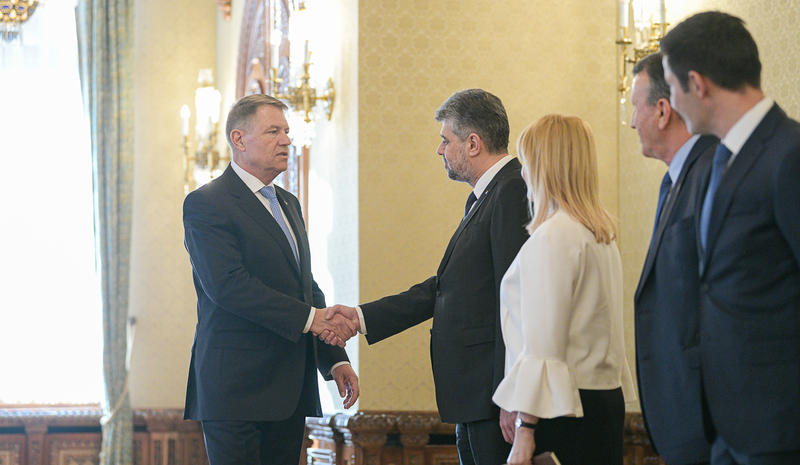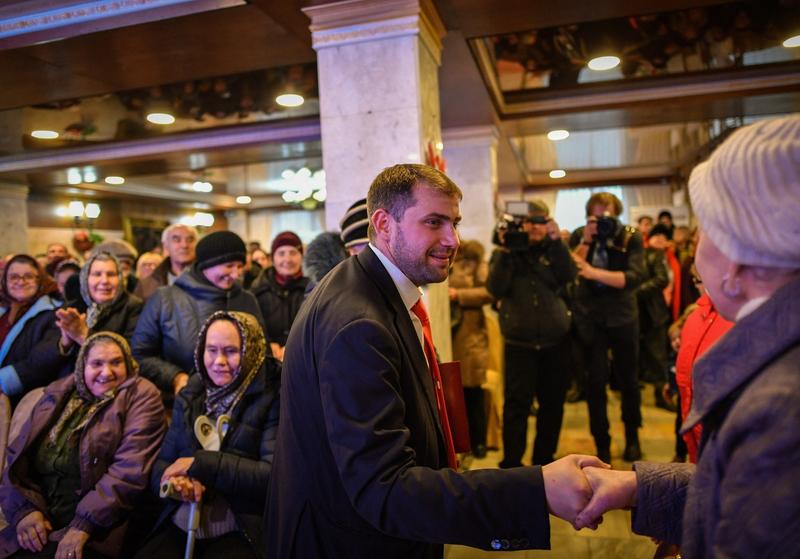Somehow I can't entertain the idea of a popular revolution that would end with the rule of a dynasty that maintains Cuba in a state of economic stagnation and hopelessness by using all kinds of repression.
I admit that there are grounds that could incite a revolution, but, on the other hand, there are no ways of getting a large number of citizens involved.
Take, for example, the poor internet access and the limited number of cell phone users; there's no wonder that the the ports of scepticism get filled every time an analyst predicts that there will be a series of mass protests demanding transition to democracy. But it's not only that. We mustn't forget that the entire area of communications is fully controlled by the government, which won't hesitate a minute to eavesdrop or close websites and blogs (whether temporarily or definitely), which is far from justifiable.
There is no doubt that rumbles of discontent on the part of the population have increased. Yet, the outrages are isolated and can be thought of rather in terms of a passing catharsis than seen as a determined attempt to get involved in a movement for a change.
The most important thing in Cuba is still the necessity to find ways to survive, mostly by taking part in illegal activities ranging from corruption through sex trafficking to various kinds of illicit deeds not thought of by even the most experienced observers.
Current economic conditions greatly differ from the situation in the first half of the 1990s. Severe shortage of food, electricity cuts, uncontrollable inflation, proliferation of diseases due to bad nourishment, as well as almost complete paralysis of transport due to lack of fuel have given rise to a number of popular resistance attempts in Havana, all of which, however, have been subdued.
Most of the protesting Cubans wanted to board any floating object they could find in order to reach the southern borders of the United States or to assault dollar shops located in the centre of Havana and in its surroundings.
The fact that these uprisings lacked political motivation combined with the brutal response of the regime contributed to the defeat of what could be the gateway to a new republic, which, in spite of its imperfections, would be free of the burden of the ideology of exclusion that has mortgaged the country's future.
The general conditions in Cuba in 2011 are more liberal in terms of people's chances of easing their poverty, provided, of course, that they shed their basic moral and ethical values (as always). Staking on honesty in an environment as turbulent as in Cuba is almost impossible. No one can avoid criminal behaviour if they want to to cover they basic needs.
The subtle changes introduced by President Raul Castro have only multiplied the discontent.
To achieve at least some order in the system, it is now necessary to dismiss over one million workers, cut benefits and increase the cost of services.
To be sure, there won't be any kind of just compensation.
Now, I'm not saying that the new changes that will affect hundreds of families must lead to a popular revolution. The Cubans have the sixth sense to survive even in the most adverse conditions.
Rather then rise up and call for reforms, they will continue in their activities in the black market, left at the mercy of alcohol and sex as a means of escape, or waiting for a letter of invitation that would launch them to different latitudes.
Although people today are more likely to express the dissatisfaction that has accumulated in them over the years, I don't think we could use this fact as a reliable indicator to make a short-term forecast predicting a large-scale uprising.
